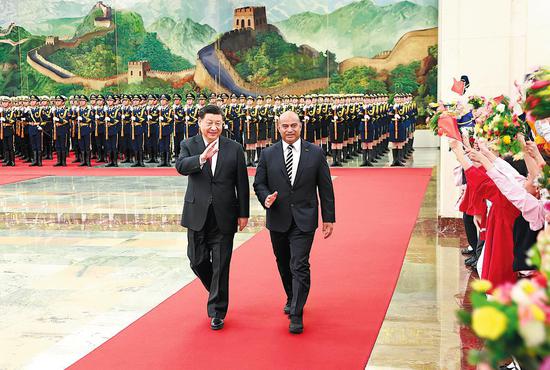COPENHAGEN, Denmark (AP) — A technical problem caused aviation authorities in Norway to temporarily close the airspace over the south of the country Thursday, leading to significant delays at Oslo airport, one of the largest in Scandinavia.
The airspace was gradually reopened after more than three hours, but delays would continue throughout the day, the state-owned airport operator said.
In a statement, Avinor said “the technical error was at the Oslo Control Center, which meant that the airspace in southern Norway had major restrictions.”
Long-haul flights would be prioritized, Norwegian news agency NTB cited Avinor spokeswoman Cathrine Fuglesang Framholt as saying.
“It will take a long time before we are completely back to normal,” Fuglesang Framholt said, according to NTB.
With about 25 million passengers per year, the Oslo international airport is Norway’s largest and is a main hub in Scandinavia together with the airports in Copenhagen and Stockholm.
Avinor, which is based in Oslo, runs 43 Norwegian airports.


 Related articles
Related articles



 Wonderful introduction
Wonderful introduction
 Popular information
Popular information